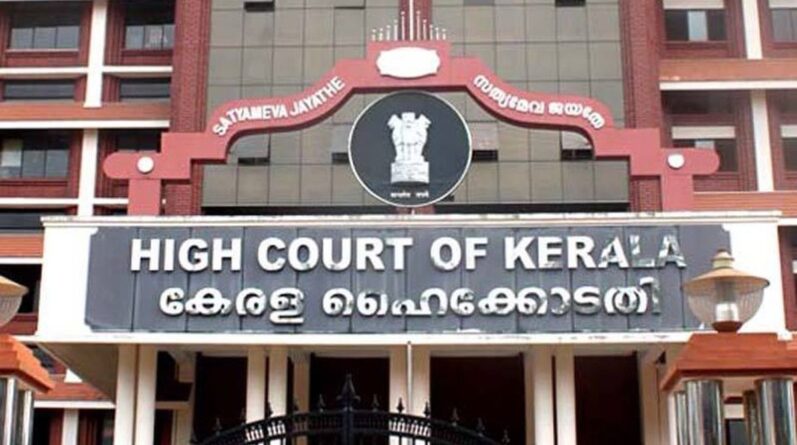WhatsApp Group Administrator Not Liable For Objectionable Posts By Members: Kerala High Court
(Judicial Quest News Network)
In a substantial decision the Kerala High Court on Wednesday ruled that a whasApp group Administrator cannot be held responsible for any objectionable content posted by a group member.
Inn this case petitioner had been charged for offences under the Information Technology Act (IT Act) and protection of Children from Sexual Offences Act (POCSO Act).None of these provisions provide for vicarious liability and therefore, holding an admin liable for posts on a whatsApp groupwould go against basic principles of criminal law, the court said.
Justice Kauser Eggapagath observed that this was so because vicarious liability in criminal law cans only befastened when statute prescribes so.
There is no law by which an Admin of any messaging service can be held liable for a post made by a member in the group.
A WhatsApp Admin cannot be an intermediary under the IT Act. He does not receive or transmit any record or provide any service with respect to such record.
There is no master-servant or a principal-agent relationship between the Admin of a WhatsApp group and its members. It goes against basic principles of criminal law to hold an Admin liable for a post published by someone else in the group.
It is the basic principle of criminal jurisprudence that mens rea must be an ingredient of an offence and both the act and intent must concur to constitute a crime.
The petitioner created a WhatsApp group called ‘FRIENDS ‘Being the creator, he was the Admin. There were two more Admins, one of them being the first accused.
In the Month of March 2020, the accused No.1 posted in the group a porn video depicting children engaged in sexually explicit act. On 15/06/2020, the Ernakulam City police registered crime against the accused No.1 as Crime No. 864/2020 for the offences under Sections 67B (a)(b) and (d) of the Information Technology Act, 2000 (for short, ‘the IT Act’) and Sections 13, 14 and 15 of the Protection of Children from Sexual Offence Act, 2012 (for short, ‘the POCSO Act’).
The Court has further pointed out that Due to lack of moderation of these groups, the members therein are at almost free reign to post/share any kind of data that they wish in terms of messages, voice notes, videos, songs etc. Many members of a WhatsApp group may put objectionable contents. The legal consequences and potential liability of the Administrator, stemming from such an objectionable post has come up for consideration in this Criminal Miscellaneous Case.
The Court made it clear that generally a person can be criminally liable for the acts of another if they are a party to the offence. Nowadays, strict vicarious criminal liability is somewhat of an exception to the general rule of direct personal culpability and is a modern development through statutory provisions.
The Court noted that various Judgements of Supreme Court that vicarious criminal liability can be fastened only by reason of provision of statute and not otherwise.
In the absence of a special penal law creating vicarious liability, an Admin of a WhatsApp group cannot be held liable for the objectionable post by a group member.
The court further opined that there is nothing on record to suggest that the petitioner has published or transmitted or caused to be published or transmitted in any electronic form the alleged obscene material or he browsed or downloaded the said material or, in any way, facilitated abusing children online so as to attract Section 67B (a),(b), or (d), of the IT Act.
Since the basic ingredients of the offences alleged are altogether absent as against the petitioner




